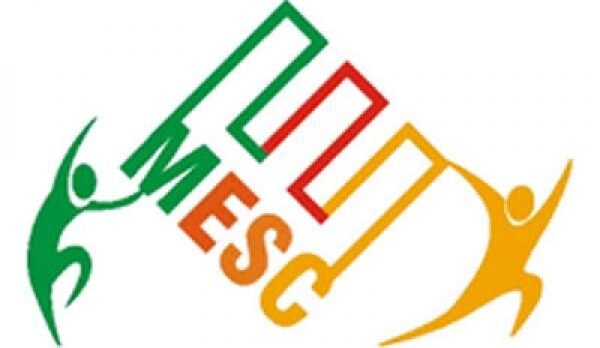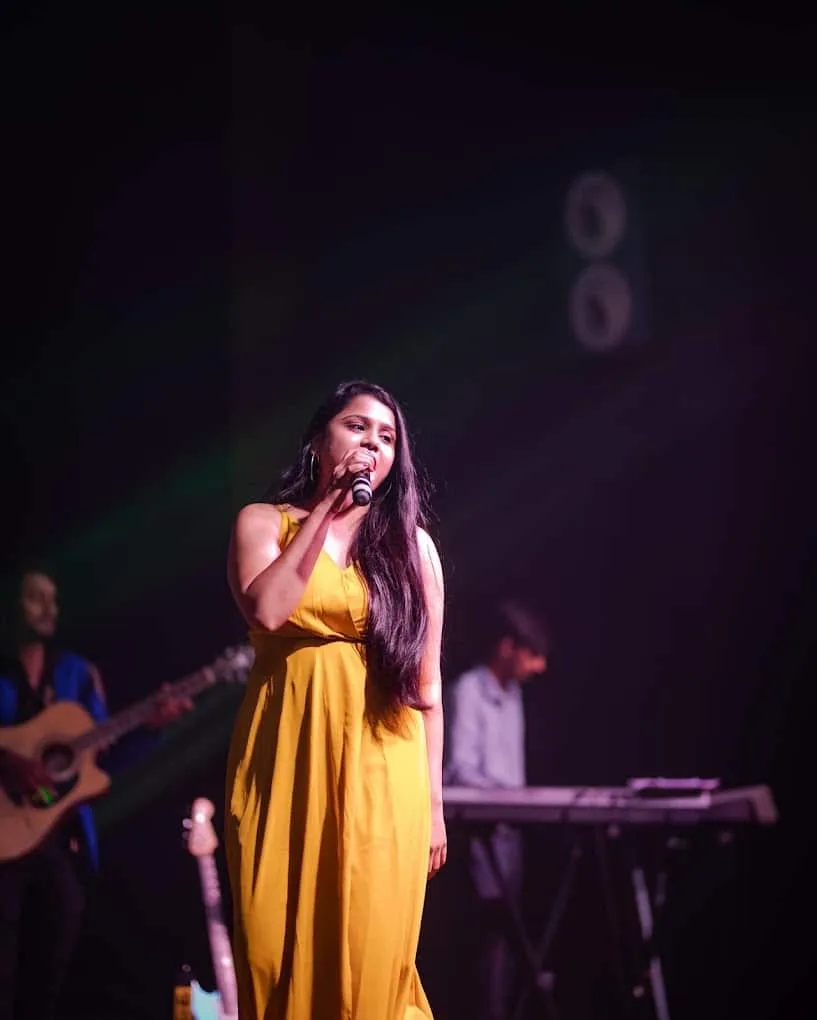Diploma in Classical Hindustani Vocal
April 29, 2024 2024-06-12 11:03Diploma in Classical Hindustani Vocal
Diploma in Classical Hindustani Vocal
UGC Approved Courses
Top Instructors
In Campus Placements
We take pride in being pioneers in India, providing a Classical Hindustani Vocal
Placement Record
Average LPA
Alumini Network
We are well aware that choosing what to study at university is one of the most important decisions you have to make in life.
Module 1: Introduction to Hindustani Music
- Overview of Hindustani classical music tradition
- Fundamentals of classical vocal techniques
- Introduction to basic ragas and talas
- Vocal exercises for improving tonal quality and control
Module 2: Intermediate Hindustani Vocal Training
- Deep dive into advanced ragas and talas
- Practice sessions focusing on alaap, taan, and sargam
- Study of classical compositions and bandishes
- Introduction to semi-classical forms like thumri and dadra
Module 3: Advanced Raga Exploration
- In-depth analysis of complex ragas and their variations
- Advanced techniques for improvisation and ornamentation
- Study of rare and less-known ragas
- Introduction to advanced tala patterns and layakari
Module 4: Performance and Presentation
- Preparation for solo and ensemble performances
- Stage presence and audience engagement
- Interpretation of compositions with emotional depth
- Practical tips for recording and live performances
Module 5: Music Theory and Composition
- Comprehensive study of Hindustani music theory
- Analysis of different gharanas (musical traditions)
- Composition techniques for creating original bandishes
- Understanding the nuances of lyrics and poetry in classical music
Module 6: Professional Development and Career Planning
- Guidance on building a career as a Hindustani vocalist
- Networking opportunities with industry professionals
- Portfolio development and audition preparation
- Exploring opportunities for further study or specialization
What Sets Us Apart:
Our program stands out for its comprehensive approach to music education, combining technical expertise with artistic creativity and business acumen. With a focus on practical experience and industry connections, we prepare students to thrive in diverse careers within the ever-evolving music industry.
After completing a degree in Music Production & Performance, graduates have a wide range of career options in the music industry. Some of the potential career paths include:
- Music Producer: Music producers are responsible for overseeing the recording, mixing, and production of songs or albums. They work closely with artists to achieve the desired sound and often have a strong technical understanding of audio equipment and software.
- Recording Engineer: Recording engineers operate recording equipment and software during studio sessions, ensuring high-quality sound recordings. They collaborate with artists and producers to capture the best performances and may also assist with mixing and editing.
- Live Sound Engineer: Live sound engineers manage sound reinforcement systems during concerts and live events. They set up and operate audio equipment, mix sound for performances, and troubleshoot technical issues to ensure a smooth live sound experience for audiences.
- Session Musician: Session musicians are skilled instrumentalists or vocalists hired to perform on recordings or during live sessions. They may work across various genres and styles, lending their musical talents to different projects as needed.
- Performing Artist (Solo or Band): Graduates with strong performance skills may pursue careers as solo artists or members of bands. They perform live shows, release albums, and engage with audiences through their music.
- Music Composer/Arranger: Music composers create original compositions for various purposes, such as film, television, video games, or commercials. Arrangers adapt existing music pieces or compositions for different ensembles or settings.
- Music Educator: Music educators teach music theory, instrument instruction, or music production techniques at schools, colleges, or private music studios. They help students develop their musical skills and knowledge.
- Music Director/Conductor: Music directors or conductors lead orchestras, choirs, or bands during rehearsals and performances. They interpret musical scores, coordinate rehearsals, and provide artistic direction to musicians.
- Sound Designer: Sound designers create and manipulate audio elements for multimedia projects, including films, animations, video games, and advertisements. They use sound effects, dialogue, and music to enhance storytelling and create immersive experiences.
- Music Entrepreneur: Graduates with entrepreneurial ambitions may start their own music production companies, record labels, or music studios. They can also explore opportunities in artist management, music publishing, event management, or music marketing and promotion
40,000 For 1 Year Diploma in Classical Hindustani Vocal
Admission Process
Online Application
Admission Test
Online Assessment
Personal Interview
Final Committee Decision
Our Affiliations





Why we are known for the Best Music College in India?

Pranay Kumawat
Music Producer
Ishita Parakh
Singer- Songwriter
Frankie Kao
Web DesignFAQ
What are the prerequisites for enrolling in the Diploma in Classical Hindustani Vocal program?
There are no strict prerequisites for enrollment. However, a basic understanding of music theory and a passion for Hindustani classical music are beneficial.
How long does it take to complete the Diploma program?
The Diploma in Classical Hindustani Vocal program is designed to be completed in approximately one year of full-time study.
Will I need to audition for admission into the program?
While there is no formal audition process, applicants may be asked to demonstrate their vocal abilities during the enrollment process.
Do I need to have any prior experience in singing or Indian classical music?
No prior experience is required, but a willingness to learn and dedication to practice are essential for success in the program.
What career opportunities can I pursue after completing the Diploma in Classical Hindustani Vocal?
Graduates of the program can pursue careers as performing artists, music educators, playback singers, music therapists, and more within the field of Hindustani classical music.
Explore All Courses
Choose from more than 20+ options in music & technology.
